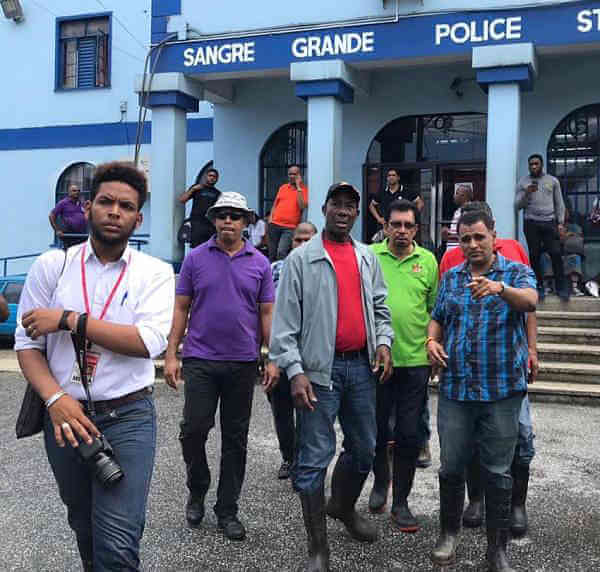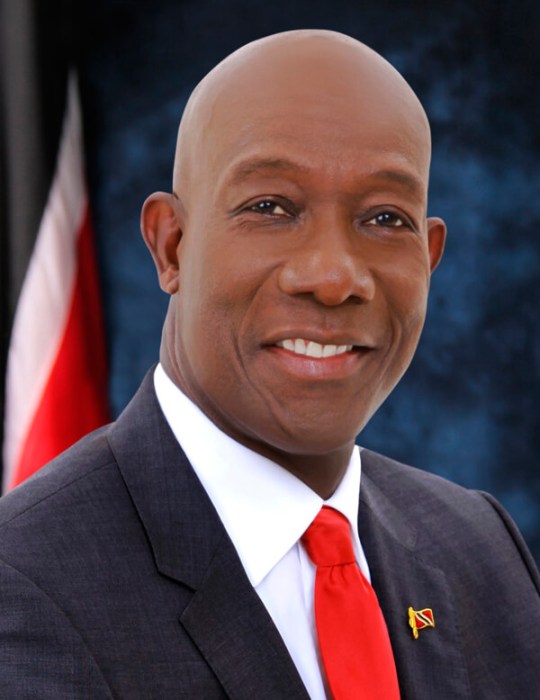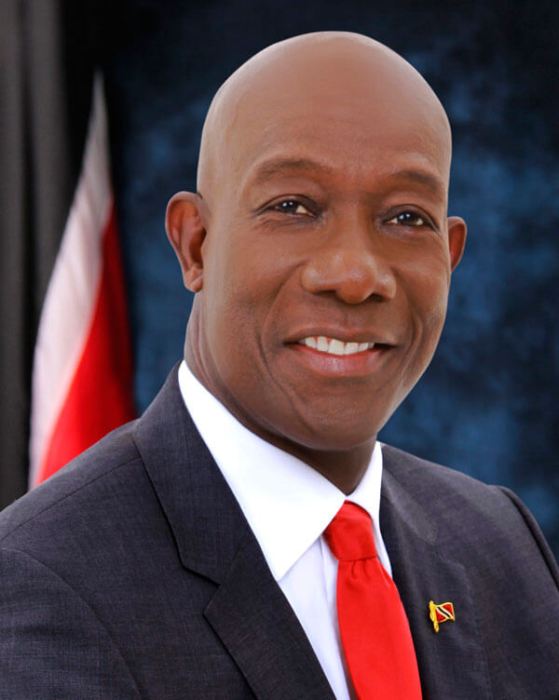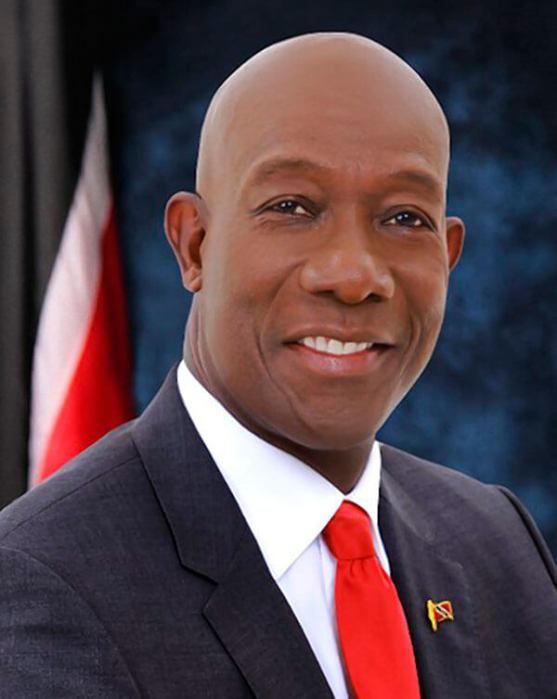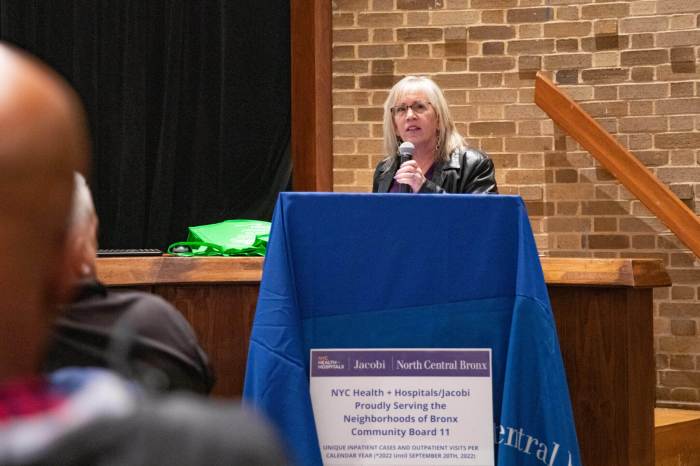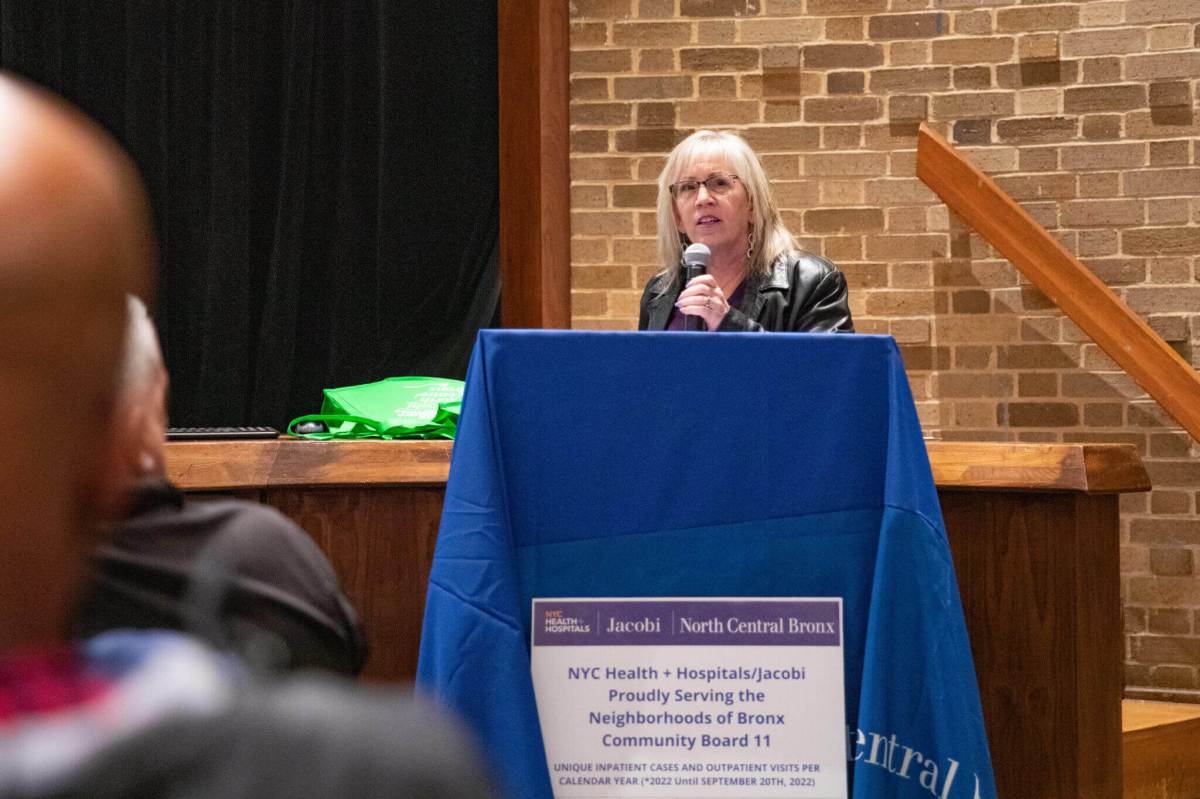The twin-island republic of Trinidad and Tobago has begun to slowly recover from nearly a week of devastating floods that had so badly inundated some communities in east, central and the south of the island that people were forced to sleep on roofs, move out completely from waterlogged homes or had to be rescued by emergency services.
A combination of intense rainfall, poorly maintained drainage systems and construction of malls and other large buildings in areas which should naturally used for water run off and absorption purposes are being blamed for what critics are describing as one of the worst natural disasters to hit the oil and gas-rich country in decades.
Neighboring Caribbean countries from Guyana to Dominica to Jamaica lined up to offer assistance to a sister nation with a rich history of bailing out others in times of need but Prime Minister, Keith Rowley politely turned them all down, telling colleagues like David Granger of Guyana and Andrew Holness of Jamaica that “we are coping” so far. Police reported no deaths.
The devastating floods that damaged hundreds of homes, public buildings, farms and businesses and came in a two-month period in which nature has been largely unkind to this country of about 1.3 million. In late August a 6.9 earthquake damaged about 200 buildings and followed up with a series of frightening aftershocks. And just when islanders were wading through muddy brown water mixed with animal faces and other waste matter, two more quakes shook the island on Monday, with the strongest measuring 5.1 on the scales of local and international monitoring agencies.
Highly regarded University of the West Indies Seismologist, Dr. Joan Lutchman was bold enough to predict that the series of quakes and tremors of recent weeks do not represent the big one which has long been predicted by experts over the decades, but, she says, that time is definitely coming.
“No. At this time, we would not say that, even though we are certain we are due for a big earthquake soon.” The region has not experienced a mega-quake since 1766 and seismologists she told the Guardian Newspaper. “Unlike when we have shallow earthquakes, the aftershocks come in. We expect that in a case like this, as the zone settles we would see the bigger earthquakes over a longer timeframe.”
As teachers and other civil servants clawed their way back to work, many of them leaving flooded out homes behind, residents in a number of flood prone areas demanded that authorities move to relocate them to high ground and away from water basins before the next great flood or bouts of heavy, intense unseasonal rainfall.
Minister of Security, Richard Stuart Young ruled this out for now, saying that there is insufficient housing to place them in other areas and suggested that the time has come for experts to take a long and hard look at the problem of flooding and the nearness of rivers to some communities in the east and south.
“The experts have to look at this and come to us with potential solutions. The talk of relocation at this stage is not one that can be entertained. The HDC does not have sufficient housing. There are 174,000 applications in for a very, very limited number of available units. Let us not jump ahead of ourselves. I will wait for the minister of housing to come to cabinet after a proper assessment has been done and the experts have given their advice, and we will look at it at that stage. I understand persons are traumatized. I understand when you see rain coming and it is heavy rain what they’re going to feel, because I feel it,” he said.
Opposition Leader, Kamla Persad-Bissessar was among many who heaped scorn and criticism on emergency service officials for their apparent slow response, but social media sites were awash with the brigade of civil society and private groups which came to the rescue of citizens, many of them wading through neck high water, camping out on roofs and doing the best they could have to escape rising waters.
Meanwhile, government has asked the umbrella Caribbean Catastrophe Risk Insurance Facility (CCRIF) that bailed out Dominica and other nations after the devastating 2017 hurricane season to be prepared to disburse money to the island from its paid up insurance policy.
Minister of Finance, Colm Imbert says the agency should “urgently disburse funds under our catastrophe insurance policy. Two years ago, the ministry paid for additional coverage for damage from excess rainfall,” the minister said, noting that authorities had luckily adjusted polices to cater for excessive rains.
In the meantime, Minister of Agriculture, Clarence Rambharat has warned about rising food prices and even shortages that would accrue from flooded out farms just weeks before the annual Diwali and Christmas holidays approach. He has his eyes on food rich Guyana,s aying authorities there have already contacted him about helping out.


